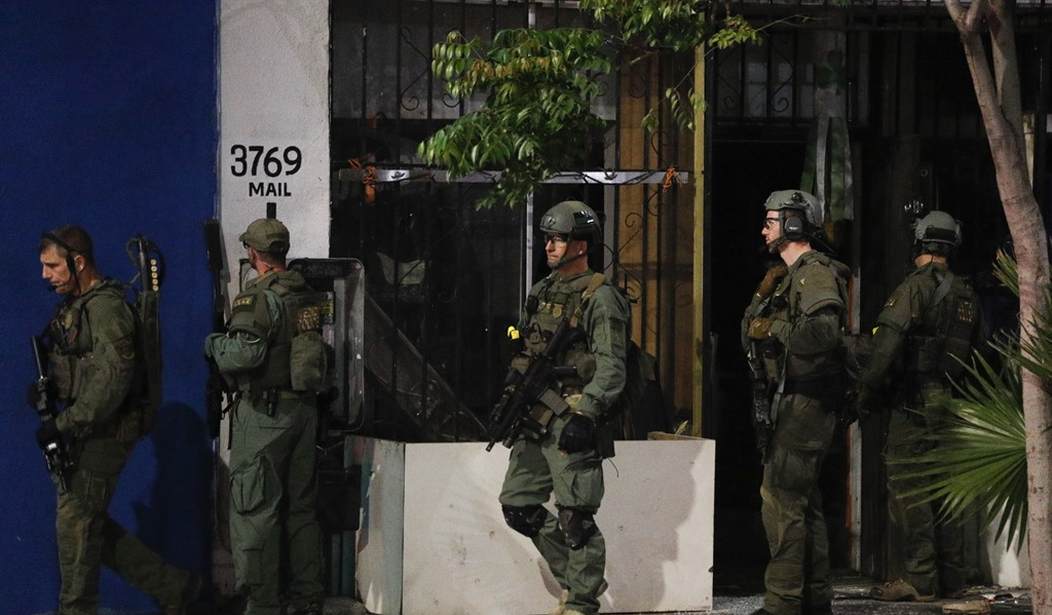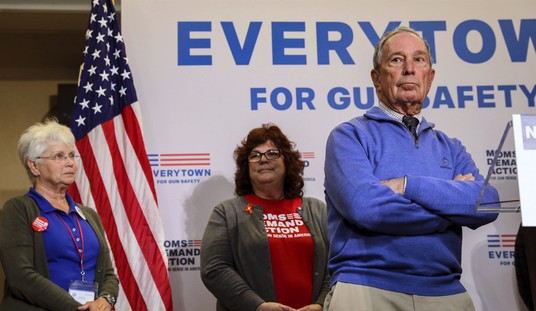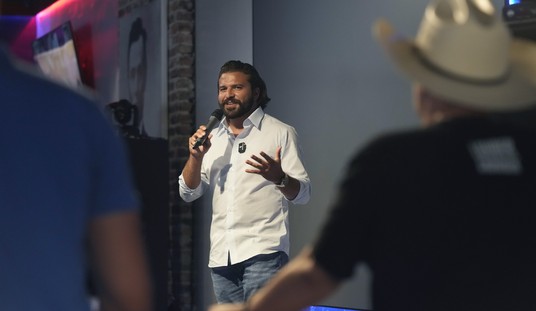When it comes to the ATF, we're biased.
It's not that I have a problem with a federal agency going after people illegally importing or exporting firearms or trying to hit black-market gun dealers in and of itself. Granted, I don't think we need pretty much any of the gun laws on the books so I don't think they'd have any work if things went my way, but if there are going to be any laws I can see the reasoning of having someone enforce them.
No, our bias comes from the fact that the ATF isn't just interested in illegal guns but in restrictions on our lawfully owned firearms as well. Couple that with their wishy-washy authorization process where something allowed today can be illegal tomorrow and we have a bigger problem.
But just because we don't care of the ATF and their mission doesn't mean they're bad at their jobs, right?
Well, as Lee Williams notes over at The Gun Writer, it kind of does.
You see, their "elite" tactical response unit is the Special Response Team, of which there are a number scattered throughout the nation. The ATF is very proud of these teams and the teams themselves are really proud as well.
They shouldn't be, especially when compared to other outfits generally considered elite. Most of those groups tend to take months and months and in the military, you often have to go through a selection process to get in.
Law enforcement can be a bit different.
Special Agents who want to join the FBI’s Hostage Rescue Team must pass the New Operator Training School, which is 10 months long and extremely easy to fail.
United States Secret Service Counter Assault Team (CAT) members undergo a two-week selection course and then a seven-week basic training program. Secret Service snipers must pass a one-week selection process and then a 10-week sniper training course.
Candidates for Border Patrol’s Tactical Unit (BORTAC) undergo a three-week selection course and then a six-week training course before being assigned to a sector team. After a year, they can apply to join BORTAC’s elite national team.
By comparison, training for ATF’s Special Response Teams takes only two weeks, and ATF agents call themselves “operators” after they’ve completed the course.
Now, what you can see is that law enforcement tends to require less than military elite units, which probably makes sense. The missions are different, to say the least.
However, two weeks is ridiculous. Absolutely ridiculous.
But maybe if these people have a lot of baseline knowledge and you're bringing them up to speed purely on ATF protocol, it won't be so bad. Except, there's no evidence of that being the case.
Here's what the ATF says about the SRT training:
According to a September 2020 report from the United States Government Accountability Office (GAO) titled “Federal Tactical Teams: Characteristics, Training, Deployments, and Inventory,” ATF’s Special Response Team was created in 1989 and has 114 members. From 2015 to 2019, the SRT was deployed 886 times. More than 85% of the deployments were to execute arrest and/or search warrants.
“Their work includes search and arrest warrants, high-risk criminal investigations, undercover operations, surveillance operations, and protective service operations,” ATF states on its website.
ATF claims SRT’s two-week training course is an “intensive program,” during which SRT candidates “learn specialized skills such as marksmanship, manipulation of numerous weapon systems, individual and team tactical movement, tactical medicine, chemical agent deployment, use of less-lethal weapon systems, armored vehicle operations, surveillance, helicopter operations and operational planning. SRTs also participate in rigorous activities such as defensive tactics, breaching, rappelling, fast-roping, rural patrolling and operations.”
Now, I grew up around law enforcement. My dad was a cop my entire life up until he retired well after I reached adulthood. I remember when he transitioned from the good, old nightstick to the PR-24 batons. He underwent special one-day training in order to carry that.
That was 1/12th as long as the total SRT training course and it was how to use a niftier kind of stick.
You'll excuse me if I'm less than trusting that they're getting a really firm foundation in any of these subjects, much less all of them.
Williams also highlights a video featuring an SRT team leader seemingly bragging about how his elite tactical unit won't include anyone from any other law enforcement agency in their stack, not even the FBI's actually elite HRT.
All of this comes into play when you consider that SRT agents were responsible for apprehending Bryan Malinowski. We know how that went. We also know these "operators" didn't have body cams on, either, which would show us precisely what happened, which seems convenient.
Look, I understand why the ATF would want teams that fill the SRT's niche. There are bad people out there and people running guns illegally are going to be armed for obvious reasons. Some of those operations could be massive and be well beyond what your ordinary agents should be involved with.
But the training these guys have for their elite status is downright laughable. While I understand it's on top of their federal law enforcement training, that doesn't exactly improve the outcome. FLETC is a 12-week training course, which means your average SRT "operator" has just three more weeks of training than a rookie street cop.
It would be funny if these guys weren't botching operations and putting people's lives at risk needlessly.








Join the conversation as a VIP Member